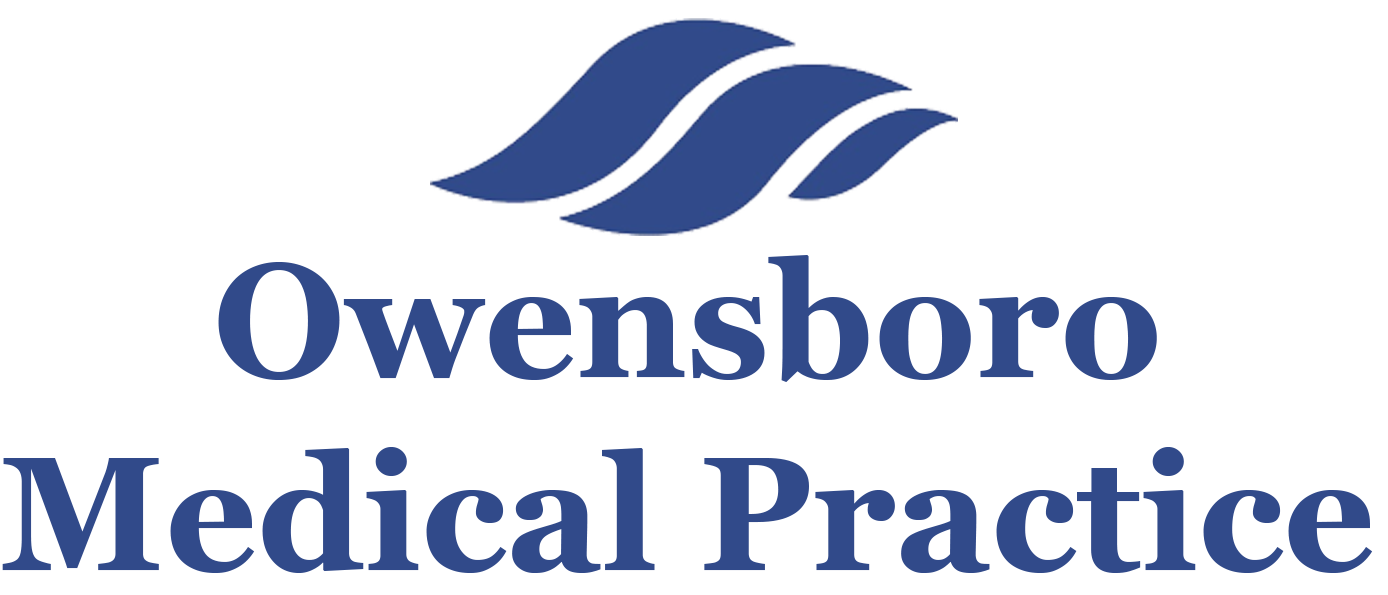Central Sleep Apnea (CSA)
Central sleep apnea (CSA) is a disorder in which the breathing during sleep repeatedly stops due to a lack of respiratory effort. In other words, the brain doesn’t send a signal to the muscles of breathing. In contrast, obstructive sleep apnea (OSA) is characterized by episodes of blockage of the upper airway during sleep with continuation of respiratory effort.
CSA is much less common than OSA, accounting for less than 10% of patients with sleep apnea.
There are four major forms of CSA seen in clinical practice:
- Idiopathic is the least common and the cause is unknown.
- Cheyne-Stokes breathing is usually seen in patients with heart failure and stroke and is characterized by a crescendo-decrescendo pattern of breathing.
- Pressure-emergent CSA (also known as complex sleep apnea) occurs after using CPAP therapy to treat obstructive sleep apnea, and may resolve after using CPAP therapy at home for a number of weeks.
- Opioid induced CSA is seen in patients using long-acting narcotics.
Patients with CSA may suffer from insomnia and/or excessive daytime sleepiness. Snoring is not always noted.
Treatment for CSA often involves using a more advanced form of pressure therapy called adaptive servo-ventilation.
For further information, these web sites are recommended:
American Academy of Sleep Medicine – http://sleepeducation.org/
National Sleep Foundation – https://www.sleepfoundation.org/
